Black History & the Y: Honoring Those Who Helped Move America (and the Y) Forward!
In 1926, "Negro History Week" was introduced as a way to highlight Black history. Established during the second week of February, the timing honored the birthdays of Abraham Lincoln and Frederick Douglass, both seen as symbols of Black freedom. By 1976, during the nation's bicentennial, President Gerald Ford officially designated February as Black History Month.
Since then, every U.S. president has designated February as Black History Month, highlighting a specific theme determined by the Association for the Study of African American Life and History (ASALH) each year. The theme for 2025, "African Americans and Labor," focuses on the many profound ways that work and working of all kinds – free and unfree, skilled and unskilled, vocational and voluntary – intersect with the collective experiences of Black people across generations.
.png)
This Black History Month, the YMCA of Greenwich honored the stories of various Black leaders who helped move the Y and America forward. In an interactive display hosted in the Mason Street lobby, the Y invited members and guests to test their knowledge of Black history and the Y. Viewers chose an image, guessed the name of the person featured, flipped over the page, and discovered the inspiring stories behind the answers.
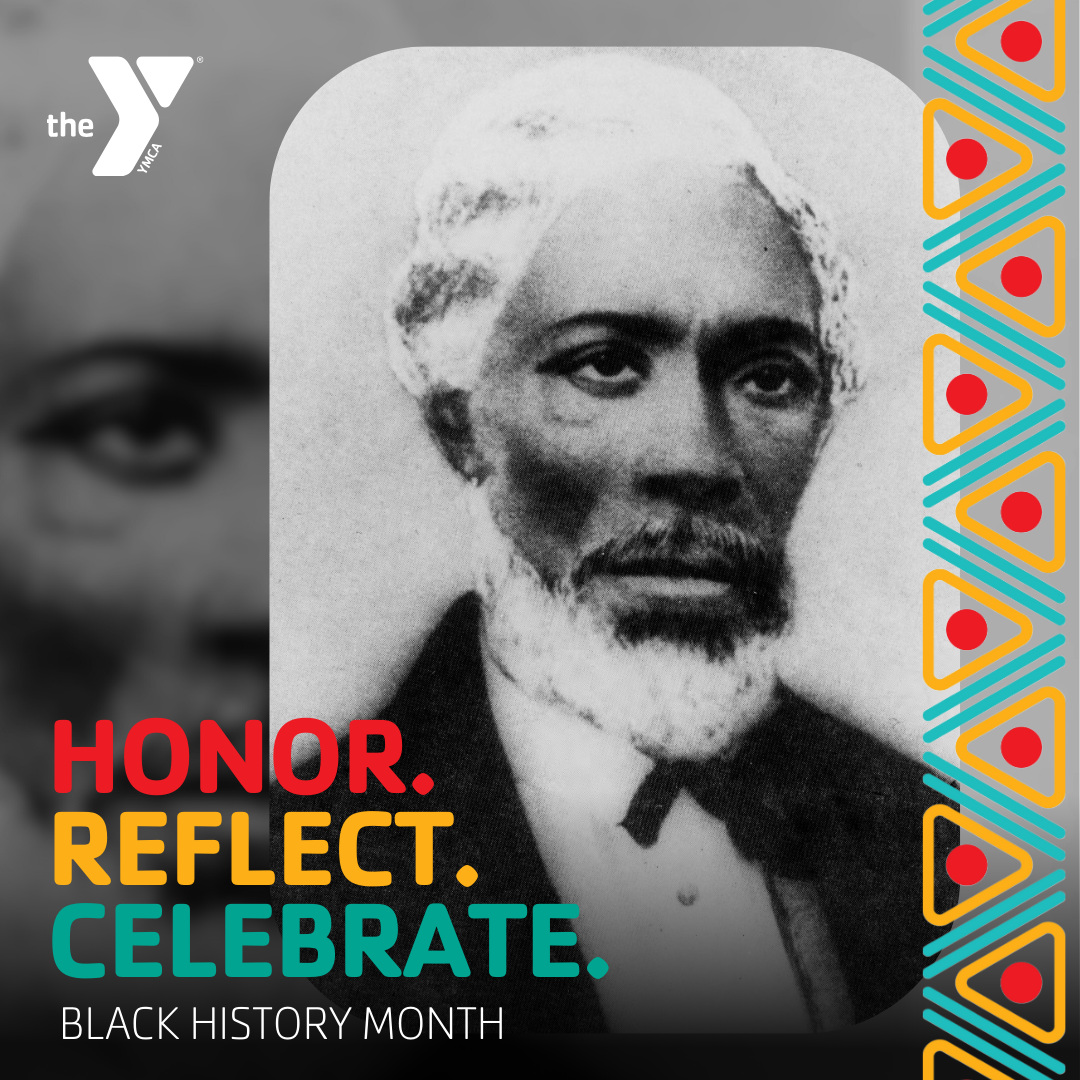
REV. ANTHONY BOWEN
Born into slavery on October 8, 1809, in Prince George's County, MA, Rev. Anthony Bowen was driven by the desire for freedom. He worked in secret as a painter and bricklayer, saving enough to purchase his freedom in 1826 for $425, the equivalent of $14,580 today. Despite lacking formal education, he found employment in the Federal Government, where he rose from a laborer to a messenger and eventually became the first Black clerk at the U.S. Patent Office. A well-respected community leader, Bowen's home in Washington, D.C., served as a safe stop on the Underground Railroad. In 1853, eight years before the Civil War, he founded the world's first YMCA for Black people. His civil rights efforts also extended to advocating for Black soldiers during the Civil War and campaigning for free public education for Black children.
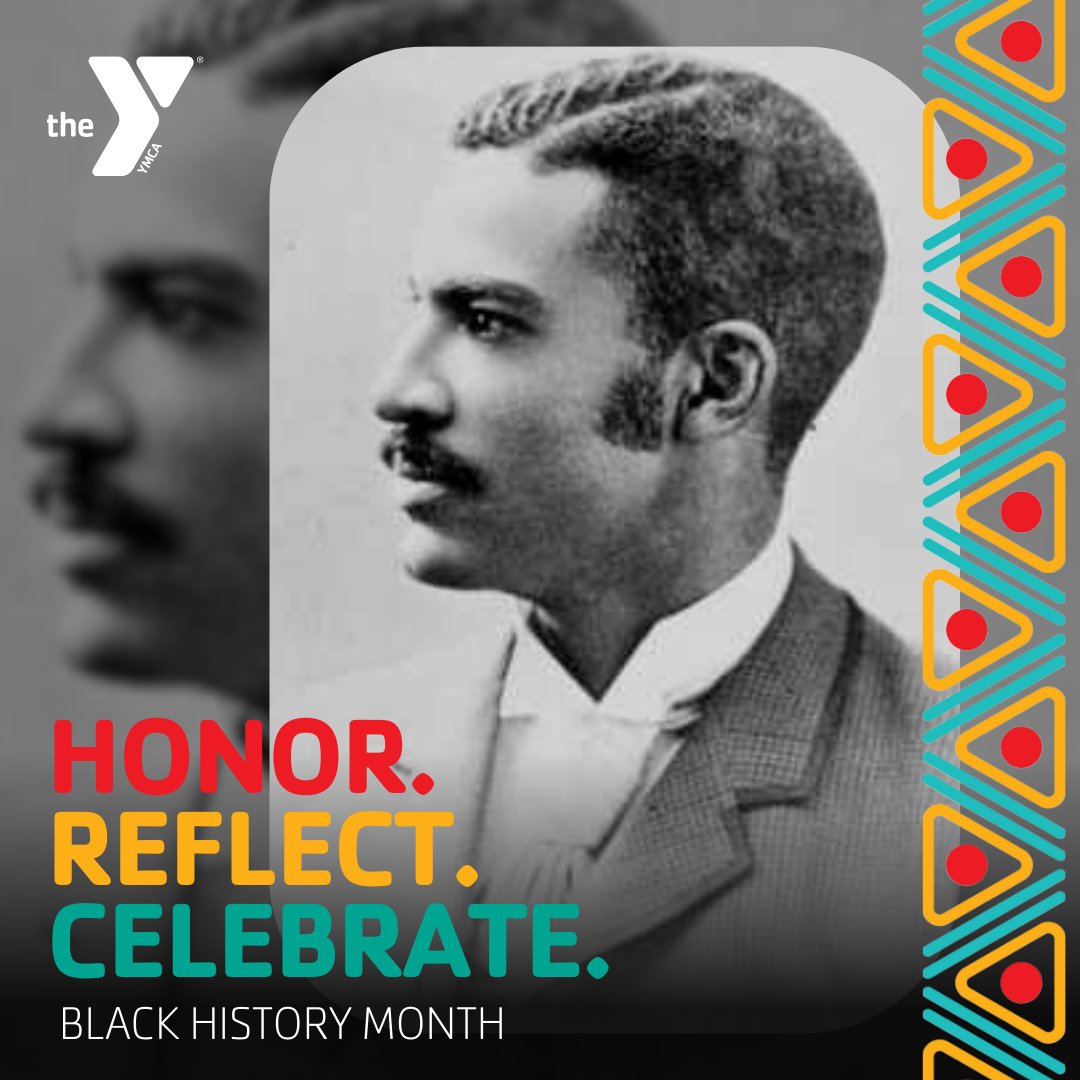
WILLIAM A. HUNTON
In 1888, William A. Hunton became the first Black secretary employed by the International Committee of the YMCA. Hunton worked among the soldiers in U.S. Army camps during the Spanish-American War and in developing Student YMCAs on Black college campuses throughout the South. He also helped implement philanthropist and Sears founder Julius Rosenwald's 1910 grant to build YMCAs for Black communities by recruiting and training the staff and volunteers to lead those associations. Hunton's legacy continued through his son, William Alphaeus Hunton Jr., who became a prominent civil rights activist and academic. As Educational Director of the Council on African Affairs in 1943, Hunton Jr. was instrumental in shaping the organization's vision and driving its efforts through the mid-20th century.
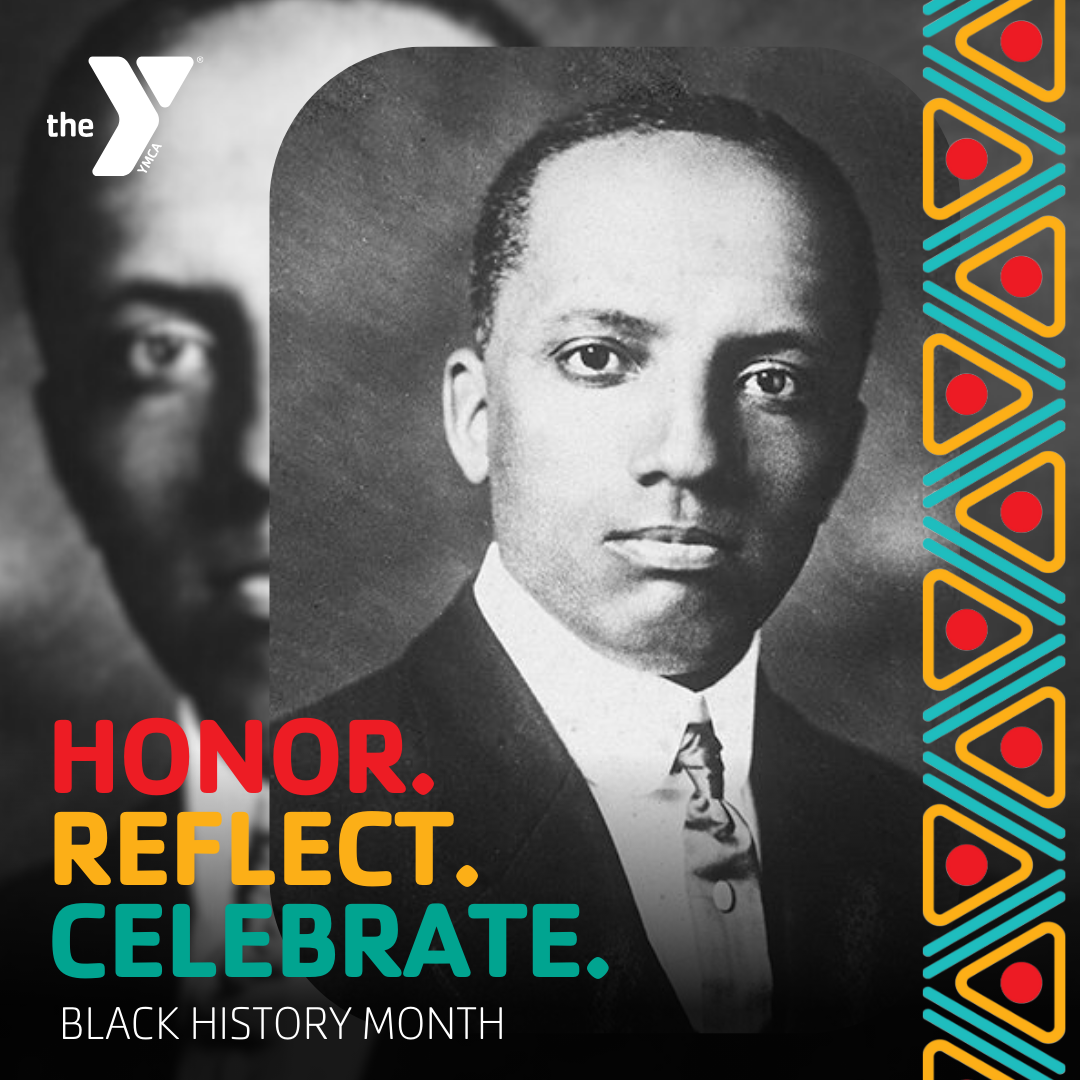
DR. CARTER G. WOODSON
Despite starting his formal education at 20, Dr. Carter G. Woodson swiftly earned his high school diploma in under two years. He later graduated from the University of Chicago and became the second Black person to earn a PhD from Harvard, following W.E.B. Du Bois. In 1915, Woodson founded the Association for the Study of Negro Life and History at the Wabash Avenue YMCA in Chicago. At the time, this YMCA was one of the few places where Black people could stay in the city, making it a central gathering spot for Black intellectuals and new arrivals during the Great Migration. The association's mission was to research and celebrate Black American achievements. In 1926, Woodson pioneered the celebration of “Negro History Week," the precursor to what is now Black History Month.
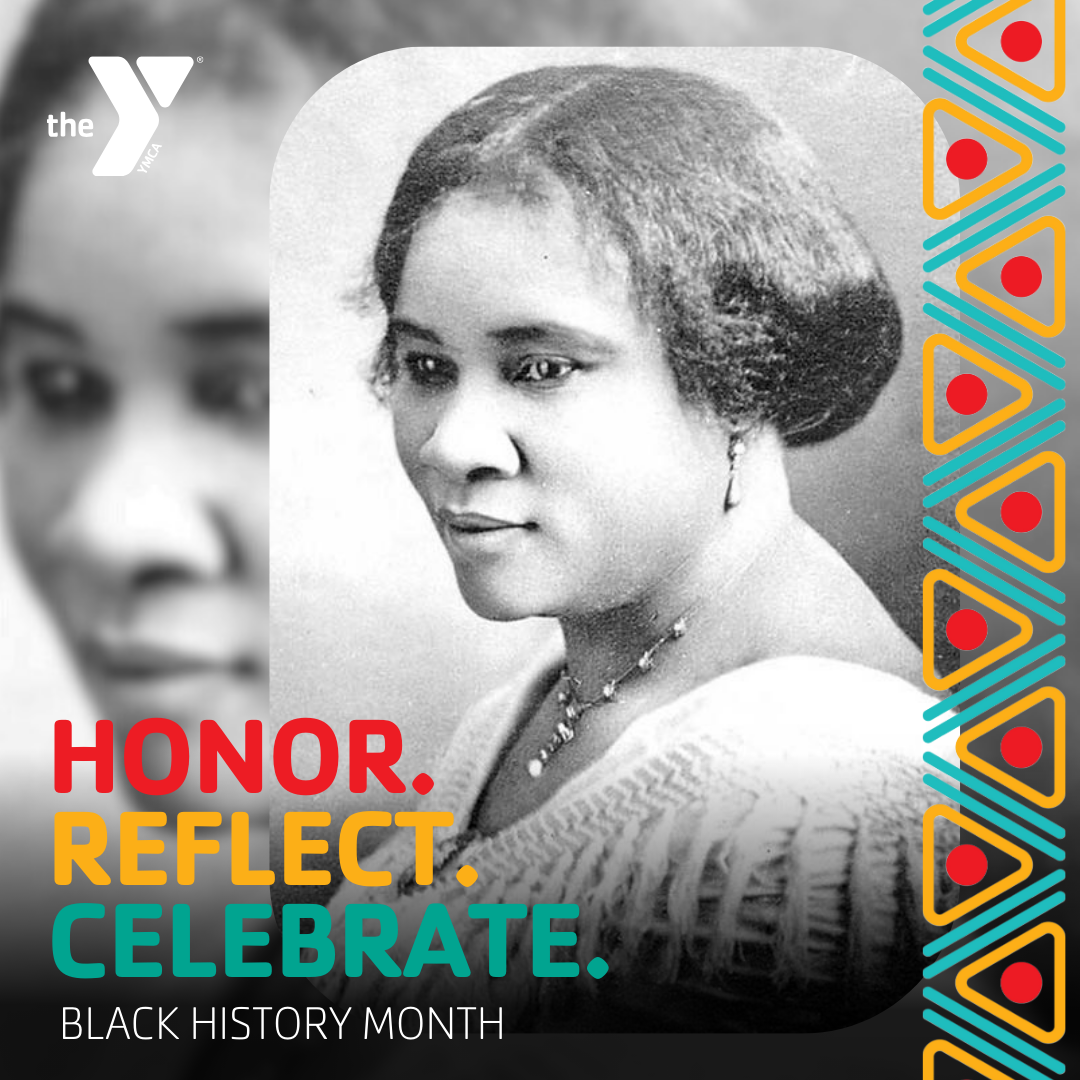
MADAM C. J. WALKER
Born Sarah Breedlove, Madam C.J. Walker was the first in her family to be born free from slavery. After struggling with hair loss, Walker developed a scalp treatment that promoted healing and hair growth. Her innovation led to the creation of a thriving hair care empire that employed thousands of saleswomen across the United States and the Caribbean, providing them with financial independence. In 1917, she founded the National Negro Cosmetics Manufacturers Association, furthering opportunities for Black entrepreneurs. A dedicated philanthropist, she donated $1,000—equivalent to $31,880 today—to the Senate Avenue YMCA in Indianapolis, IN, and worked tirelessly to secure additional funding. She also funded scholarships for students at the Tuskegee Institute and the Daytona Normal Institute for Girls and was a patron of the arts in the early years of the Harlem Renaissance.
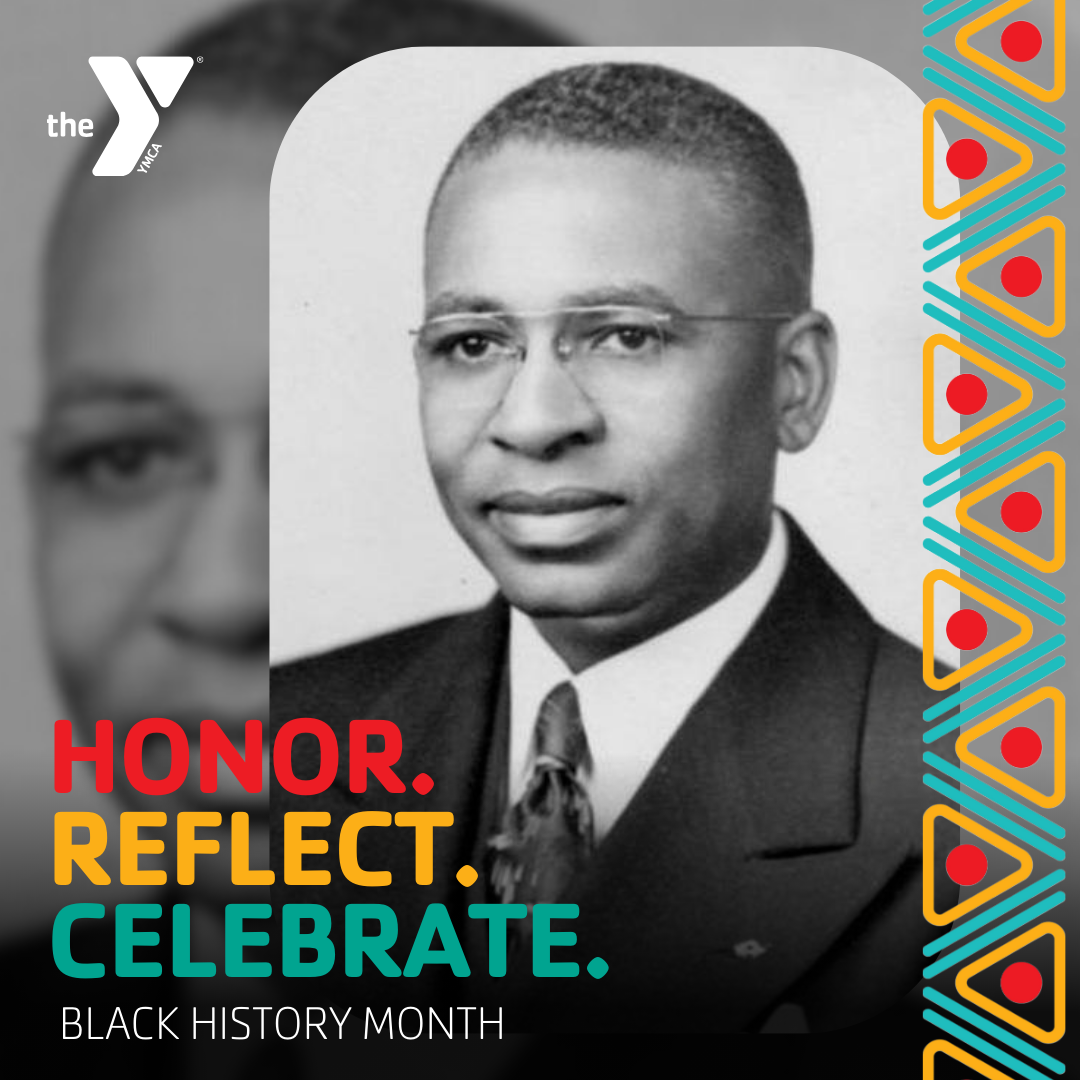
DR. LEO B. MARSH
In 1928, Dr. Leo B. Marsh began his YMCA career as a youth work secretary at the YMCA of Metropolitan Detroit. He later held positions in Chicago, IL, Toledo, OH, and Columbus, OH, before joining the national staff in 1944 as Associate Executive Secretary for the Central Atlantic Area. In 1954, he became the first Black President of the Association of YMCA Secretaries. Marsh was also a founding member and the first General Chair of the National Conference of Black and Non-White YMCA Laymen and Staff (BANWYS). Marsh served on the National Board of the YMCA from 1948 to 1970. Following his retirement, he served as a consultant to the Harlem Branch of the YMCA of Greater New York, where he helped create the Black Achievers program, pairing inner-city youth of color with successful minority mentors. In 1991, Marsh was inducted into the National YMCA Hall of Fame.
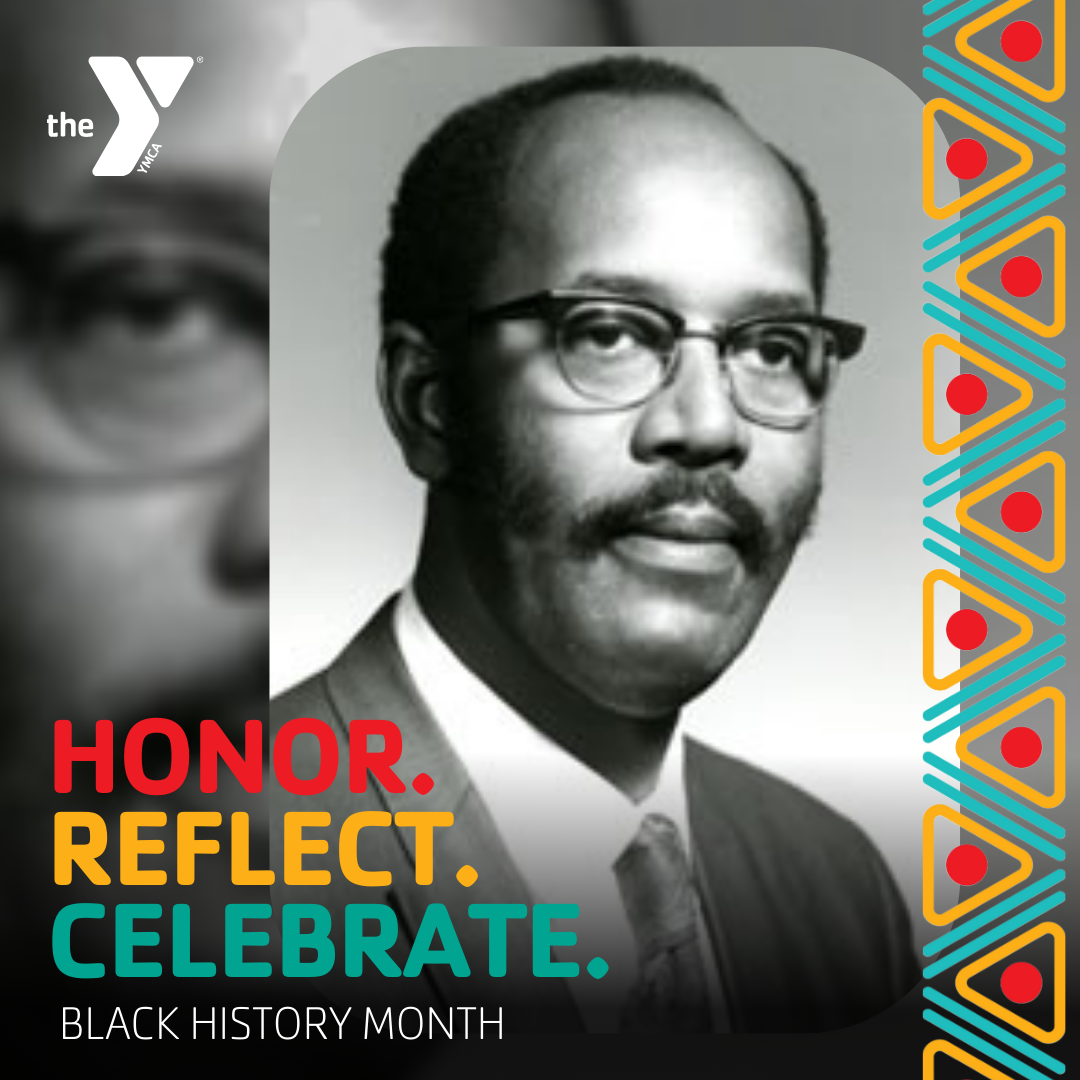
JESSE N. ALEXANDER, JR.
Recruited as a youth leader in 1946, for the Chestnut Street YMCA in Louisville, KY, Jesse N. Alexander, Jr. spent the early part of his career in various roles at YMCAs in Washington, D.C., Chicago, IL, and Brooklyn, NY. He co-founded the National Conference of Black and Non-White YMCA Laymen and Staff (BANWYS). By 1969, Alexander was appointed to the YMCA's board as Director of Black and Non-White Concerns, where he worked to combat racism within the YMCA and ensure the establishment of YMCAs in non-white communities. In 1973, Alexander became the Director of the Board's Human Rights Unit and Y-USA's Affirmative Action Officer, where he advocated for women in the YMCA's other affirmative action efforts. In 1996, Alexander was inducted into the National Black Achievers Hall of Fame, and in 2016, he was inducted into the National YMCA Hall of Fame.
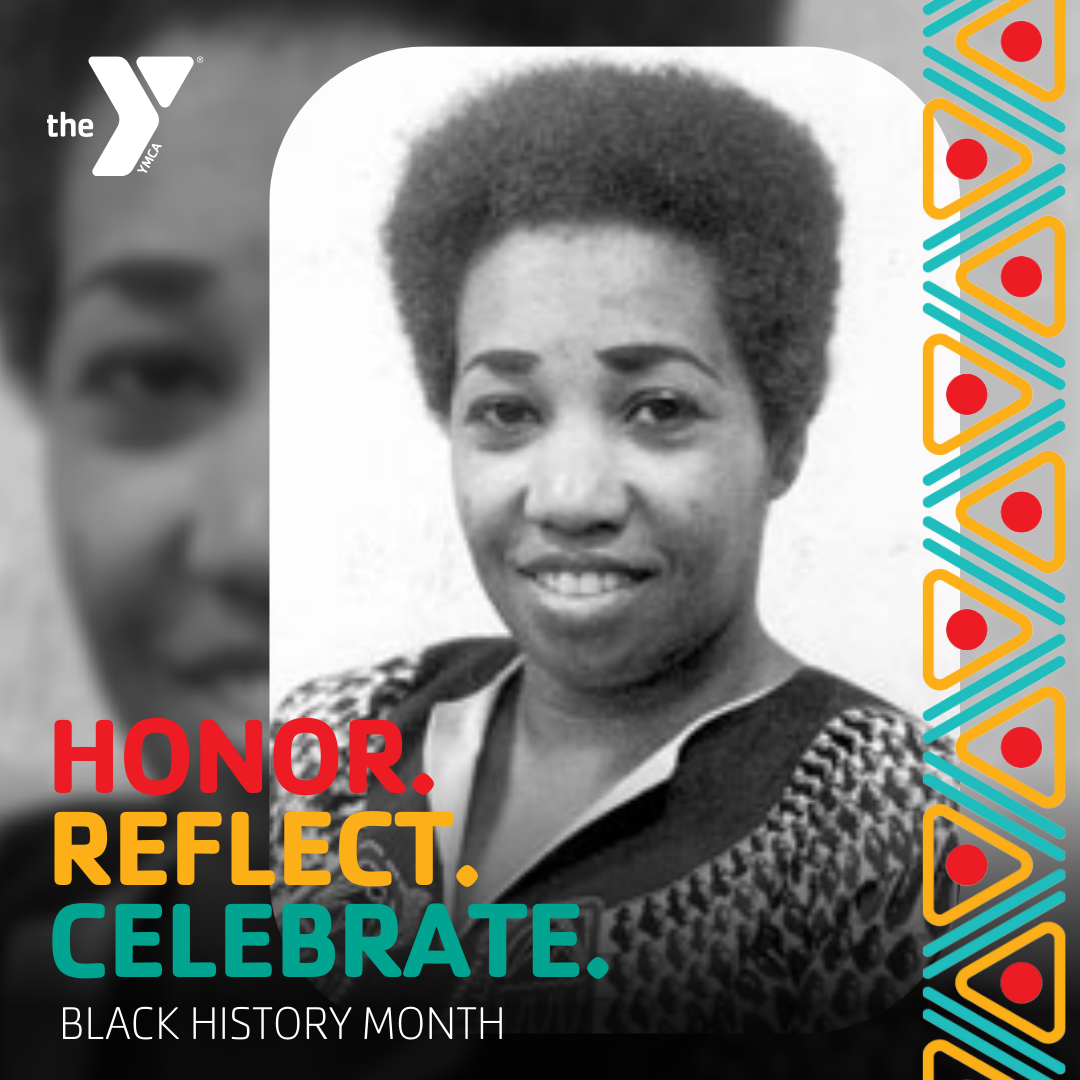
VIOLET P. KING HENRY
In 1953, Violet P. King Henry became the first Black person to graduate from law school in Alberta, Canada. A year later, Henry became the first Black person admitted into the Alberta Bar and Canada's first Black female lawyer. In 1963, she moved to New Jersey to become the Executive Director of a community branch of the YMCA of Newark and Vicinity. In 1970, she moved to Chicago, IL, where she served as the Director of Planning for the YMCA of Metropolitan Chicago and as the Director of Manpower, Planning, and Staff Development. By 1976, she was appointed as the Executive Director of the National Council of YMCA's Organizational Development Group, the first woman to hold such a position in Y-USA. In 1998, she was inducted into the National YMCA Hall of Fame.
JEAN ANN DURADES
In 1963, Jean Ann Durades began her career with the YMCA as a program counselor for the YMCA of Metro Chicago. She later took on similar roles in Chicago and Minneapolis before making history in 1970 as the first Black woman to serve as a Regional Associate with Y-USA. Durades dedicated her career to fostering multicultural leadership within the Y Movement. She mentored and counseled young Black staff, helping them see beyond their current roles and recognize their potential for higher-level positions that could, in turn, support the next generation of leaders. Her impact reached beyond the United States, having traveled internationally to represent Y-USA. After 22 years of service, she retired in 1992. In 2019, she was inducted into the National YMCA Hall of Fame.
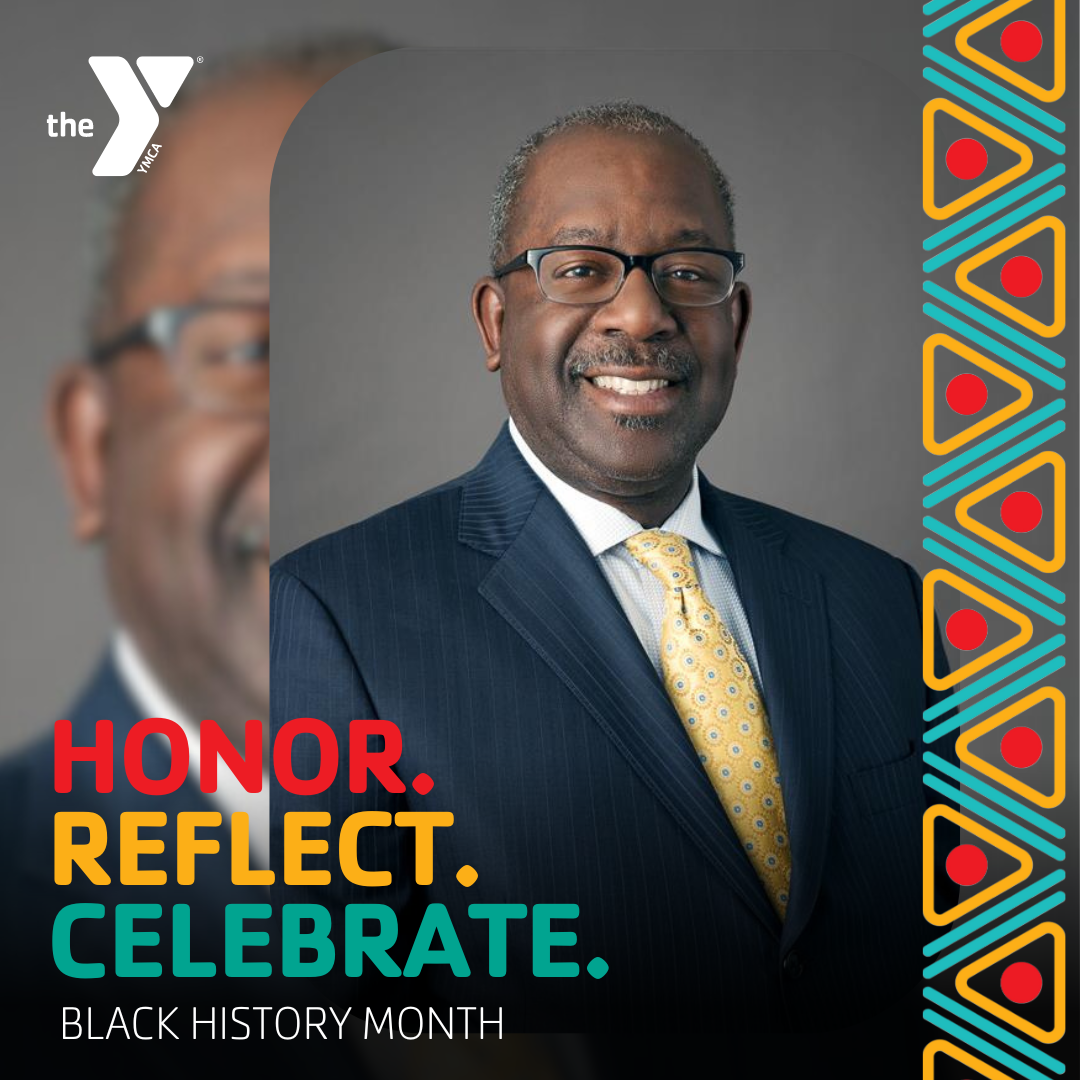
KEVIN WASHINGTON
In 2015, Kevin Washington made history as the first African American and first person of color to lead Y-USA as CEO. A Philadelphia native, Washington began his career as a Youth Director at the Greater Philadelphia YMCA, the very branch where he first learned to swim. He then went on to become the Executive Director of the Columbia/North Branch Philadelphia YMCA. From 1995 to 2000, he served as COO for the YMCA of Metropolitan Chicago before becoming CEO of the YMCA of Greater Hartford from 2000 to 2010. He then led the YMCA of Greater Boston as CEO from 2010 to 2014. He played a key role in securing federal relief for nonprofits impacted by the COVID-19 pandemic, leading the successful #Relief4Charities campaign. His leadership also earned him a spot on The NonProfit Times' Power & Influence Top 50 list for five consecutive years from 2016 to 2020.
The history of the Y, like that of the United States, is a story of incremental progress toward greater inclusion and equity for all. Guided by our core values of caring, honesty, respect, and responsibility, the Y is dedicated to giving people of all ages, backgrounds, and walks of life the opportunity to reach their full potential with dignity. We are committed to being an inclusive, anti-racist organization and leveraging our collective impact to address social inequities.
